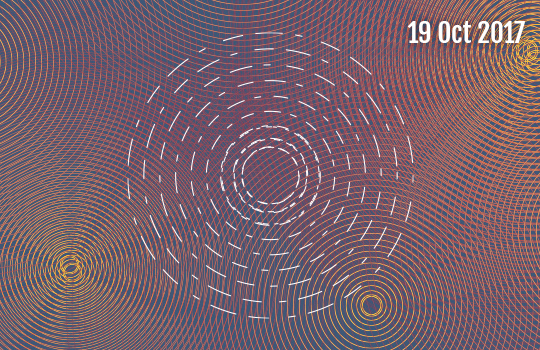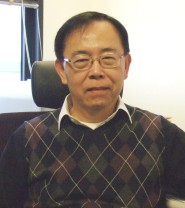Noise is still a pernicious problem even in the 21st century. Researchers from HKUST have become the first university team in the world to develop a metamaterial that can address this long-standing conundrum, winning the Brillouin Medal for their achievements from the International Society for Phononics. Professor Sheng who leads the team, will explain an approach to the noise problem by using fundamental physics to delineate what is ultimately possible for sound absorption structures, with already-implemented examples to demonstrate how such “optimal” acoustic installation can now be designed to a minimal thickness as dictated by the laws of nature, as well as tailored to the types of noise involved. These relatively lightweight and inexpensive structures have many practical applications for use in vehicles, aircraft and city residential buildings, especially in tackling low-frequency noise such as the traffic hum.









